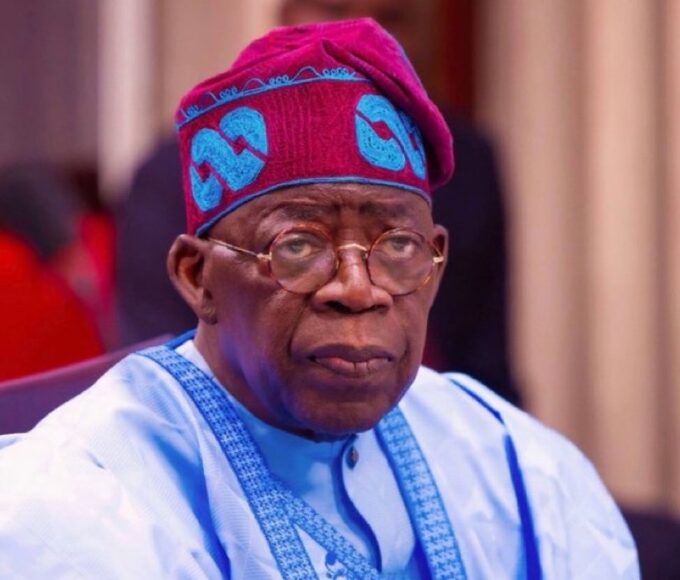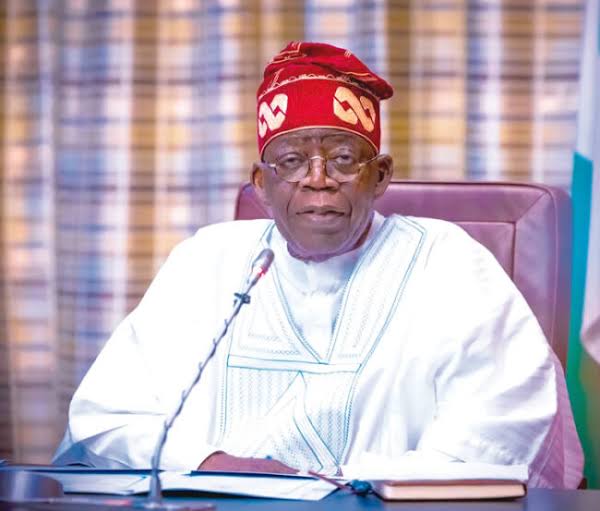The Federal Government has acknowledged a severe financial crisis crippling its embassies and consulates worldwide, citing budgetary constraints and recent foreign exchange policy changes as the cause.

In a statement released on Monday by the Ministry of Foreign Affairs spokesperson, Kimiebi Ebienfa, the government admitted the financial strain has disrupted the core operations of numerous diplomatic missions.
The ministry confirmed the difficulties have led to significant delays in critical payments, including salaries for locally recruited staff, foreign service allowances for home-based officers, rent owed to landlords, and financial obligations to other service providers.
“The ministry is not unaware of the restrictions that financial limitations have placed on the smooth running of the missions,” the statement read, directly linking the problems to the inability to meet these recurring costs.
A History of Recurring Challenges
This is not the first time Nigeria’s foreign missions have faced such financial embarrassment. Over the past decade, there have been repeated reports of missions struggling to pay utility bills, facing eviction threats from landlords, and being unable to provide basic consular services. However, the current administration’s statement suggests the situation has reached a critical point, affecting a wide swath of its global presence.
Implications for Services and Citizens Abroad
The financial logjam has direct consequences for Nigerian citizens living abroad. Analysts fear the crisis could lead to a further degradation of essential consular services, such as passport issuance, visa processing, and assistance to citizens in distress. Delays in these services could cause significant hardship for the diaspora community, which relies on these missions for documentation and protection.
Root Causes: Budgetary Shortfalls and FX Volatility
The government’s statement points to two primary causes: insufficient budgetary allocations and the complexities of Nigeria’s foreign exchange management. Missions operating in countries with high costs of living, particularly in Western nations, require a steady stream of foreign currency to cover their expenses. The volatility of the Nigerian Naira and the central bank’s policies on allocating foreign exchange to government agencies are believed to be a major contributing factor, making it difficult for missions to plan and meet their financial obligations.
Seeking a Solution
The Ministry of Foreign Affairs stated that it is actively engaging with the Federal Ministry of Finance and other relevant agencies to find a lasting solution to the funding problems. It appealed for patience from staff and creditors, assuring them that “efforts are being made to resolve the situation.”
- However, the admission has sparked calls for a more structural overhaul of how Nigeria funds its international diplomacy, with critics arguing that underfunding its global representation undermines the nation’s foreign policy objectives and international standing.

















Leave a comment